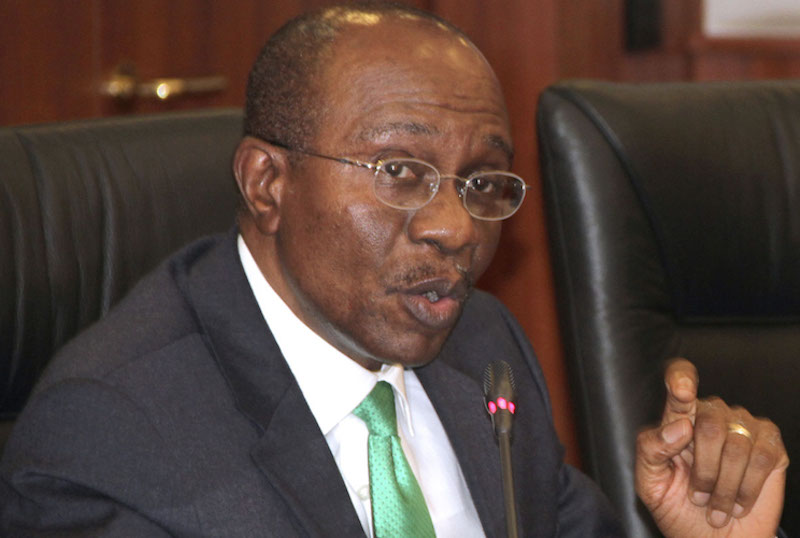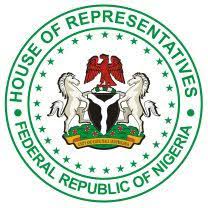The Central Bank of Nigeria has disclosed that the eternal reserves have dropped below the $40 billion mark, the lowest point in over three months.
As of December 30, 2021, the reserves were at $40.53bn which dropped to $39.82bn on February 2, 2022.
The country’s external reserves had jumped from $39.82bn on October 15, 2021, to a high of $41.83bn on October 29, on the back of Eurobond inflow and the International Monetary Fund’s Special Drawing Right.
According to the CBN’s data, the country’s external reserves rose by $5.12bn last year from $35.37bn at the end of 2020, according to CBN data.
While speaking at the first Monetary Policy Committee meeting this year, the CBN Governor, Godwin Emefiele, disclosed that members also noticed continuous improvement in the external reserves despite ongoing foreign exchange market pressures.
He added that the reserves stood at $40.2bn as at December 2021.
However, supported by the demand management measures – Eurobond inflow of $4bn, and the IMF’s Special Drawing Rights (SDR), the Governor noted that the external reserves rose to over $41bn in October 2021.
A former President of the Association of National Accountants of Nigeria, Dr Sam Nzekwe, added that insecurity had affected investments in the country and productivity was low.
He further said the productivity level must rise in the country before it can have a significant impact on the external reserves.










